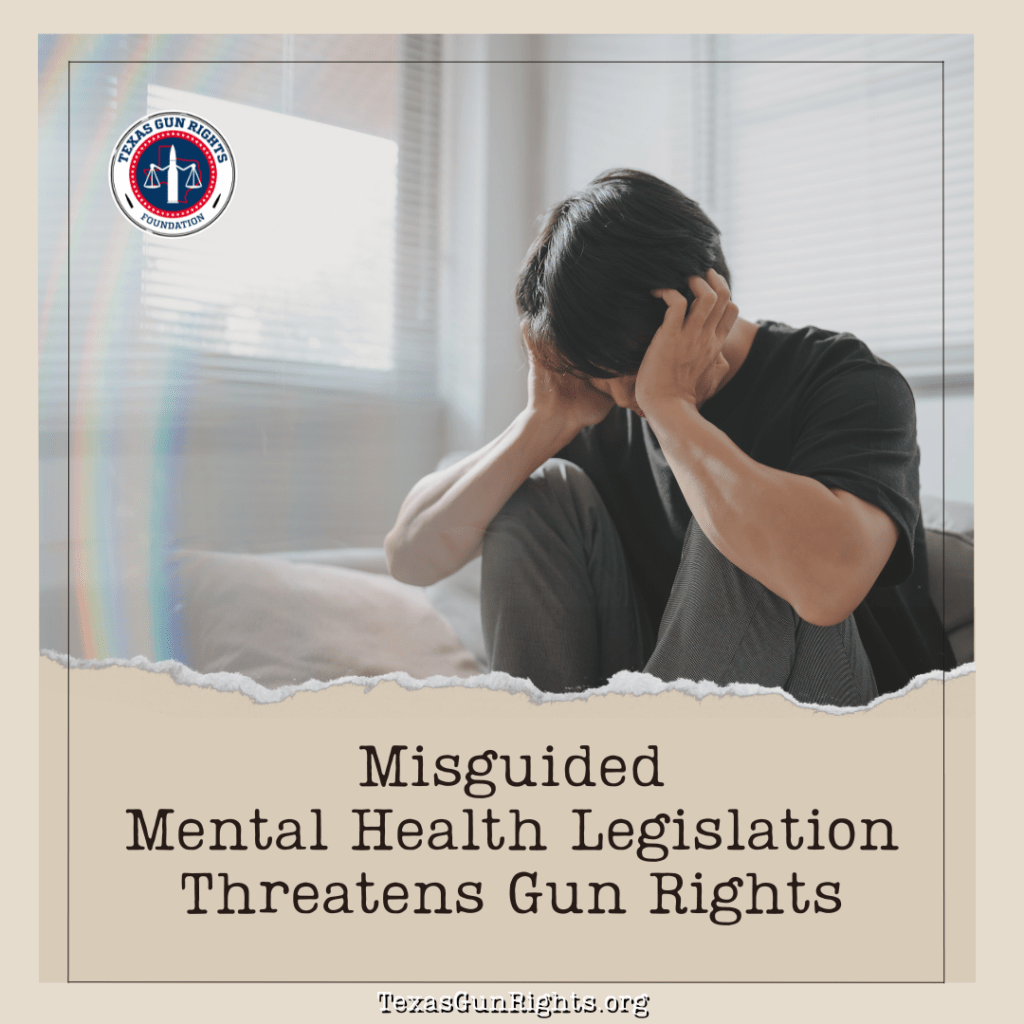
In the midst of the ongoing debate surrounding the Second Amendment and mental health, a recent legislative proposal in New Hampshire is stirring significant concern among gun rights advocates.
House Bill 1711, sparked by the case of Ian MacPherson, who, despite a history of mental illness, legally purchased a firearm and subsequently engaged in a shooting involving two police officers, aims to incorporate certain mental health records into the National Instant Criminal Background Check System (NICS) for firearm purchases.
While addressing mental health is crucial, especially considering the high rate of suicides among gun deaths in America, the proposed solution raises alarm bells. The push to integrate more mental health records into the already flawed NICS system is a recipe for disaster, paving the way for an increase in false positives that could unjustly strip law-abiding citizens of their constitutional rights.
The NICS system, as it stands, is far from perfect. Since its inception in 1998, over 94% of denials from firearm purchase attempts have been false positives. This statistic alone highlights the system’s inherent unreliability and the danger of further complicating the process with additional mental health records.
The case of MacPherson, while tragic, underscores the limitations and challenges of such legislative actions. Despite his family’s concerns and his history of mental health issues, MacPherson was not legally barred from purchasing a firearm because he had not been adjudicated as mentally defective.
The proposal to make mental health records available for background checks during a gun purchase, while well-intentioned, fails to address the complexities of mental illness and the diversity of its manifestations.
Mental health conditions vary widely in their severity and impact on an individual’s behavior. A one-size-fits-all approach, as suggested by this bill, risks infringing on the rights of those with mild or properly managed conditions, potentially deterring individuals from seeking the mental health care they need.
Moreover, the reliance on a flawed system like NICS to enforce such measures only exacerbates the problem. Adding more names and records to an already overwhelmed and inaccurate database could lead to more law-abiding citizens being wrongly denied their Second Amendment rights.
The case of MacPherson reveals the necessity for a more nuanced and individualized approach to assessing risk, one that respects the rights of gun owners while addressing genuine safety concerns.
This legislative push in New Hampshire serves as a cautionary tale for the rest of the nation. As gun rights advocates, we must remain vigilant against well-meaning but misguided attempts to curtail our constitutional rights under the guise of public safety. The focus should be on improving the accuracy and efficacy of the current system, not expanding its scope in a way that undermines the rights of Americans.
The balance between ensuring public safety and protecting individual rights is delicate and requires careful consideration, not a broad brush that risks doing more harm than good.

Leave a Reply